By Karl Bernd Esser.
The People’s Republic of China celebrated its 70th birthday with the largest military parade in its history. A highlight of the parade was the first public appearance of 16 mobile two-stage ballistic intercontinental missiles DF-41 with 12-fold thermo-nuclear warhead. With a range of 14,500km, the DF-41 has the longest range of any missile in the world and would reach the USA or Europe in 30 minutes. It cannot be overlooked that China is thus claiming power and the will to shape the international arena. Accordingly, President Xi Jinping is certain about the country’s role in the world: “There is no power that can shake the foundations of this great nation,” said the President in a speech at the beginning of the ceremony. “No power can stop the progress of the Chinese people and nation.” Xi Jinping called for unity and promised the billion people “even more prosperity”. Only who is this man, with which personalities and with which clans does he steer the Chinese dragon?
First an overview:
The economic war between the old superpower in the West and the new one in the East is escalating. And Europe threatens to become an economic battlefield. China is everywhere, and this is a source of fear. “The voracious Chinese dragon” divided Europe, “that’s why we have to be afraid” wrote the Bild newspaper. China’s “huge investments abroad give it a sharp power,” which it uses to “silence critics,” warned the Economist. Leading EU politicians have recently adopted the same tone. The competition between China and Europe is “not fair”, complains outgoing EU Commission President Jean-Claude Juncker, because the government in Beijing is unilaterally gaining advantages. Indirectly, Europe’s governments also comply. The Dalai Lama used to be a welcome guest in all capitals as the spiritual leader of the Tibetans colonised by China, despite harsh criticism from Beijing. That has changed radically. Since 2016, no European head of state has dared to even shake the hand of the famous Buddhist. No other EU country is more dependent on China than Germany. The new superpower in Asia has long been the most important trading partner of all. The DAX-30 companies generate 15 percent of their turnover with China. Volkswagen, BMW and Daimler-Benz sell about a third of their cars there, more than in any other country. According to the Beijing Ministry of Commerce, at least 5,000 companies with more than 100 billion euros are involved in China from Germany alone.
For the first time since the Industrial Revolution, the supremacy of Europeans and Americans in the world economy is once again in question. Jörg Wuttke, President of the European Chamber of Commerce in Beijing and for BASF in business with the one-party state for 22 years, warns: “The Chinese unscrupulously use their economic power to exert political influence.”
The Chinese ruling elite:
The “red aristocracy” is the network of the most influential communist families. With 20 family clans, they govern the People’s Republic of China like a mafia structure. At the beginning of 2014, documents from the so-called offshore leak revealed that members of the ruling families in tax havens had moved assets of around 4 trillion dollars (that is 4,000 billion US dollars) from China since 2000. The non-governmental organization “Global Financial Integrity” estimates that the equivalent of 107 billion US dollars are illegally exported from China every year. Their numerous family members are in key positions in politics, business and the military, supporting each other to further accumulate their wealth. It is speculated that the actions should possibly obscure the true ownership of the Chinese elite to the rest of the population. But the tax havens could also help those affected to circumvent restrictions. As the NDR reported, strict rules apply in the People’s Republic for the outflow of capital – larger investments abroad would therefore have to be approved. Shareholders of Chinese offshore companies have become important clients for offshore tax havens. The ICIJ database (International Consortium of Investigative Journalists) has 21,450 offshore owners and shareholders, six times as many branches from China or Hong Kong as from the US (2,320), registered only in the British Virgin Islands.
Today, corruption is at the heart of citizens’ dissatisfaction and is seen as the greatest social evil. More and more cases of corruption undermine the rule of the Communist Party and its ” elite leadership “, because they partly also affect the highest party members. The number of cases uncovered and the sums paid are growing faster than economic growth. Among the most common crimes of corruption are the illegal appropriation of public property (land, natural resources or state enterprises), the misappropriation of state funds and the purchase of offices and votes. The question also arises as to whether Germany’s annual development aid of around 630 million euros to China only means “hush money” for this “Chinese mafia infrastructure”.
Three delegates of the current party congress in Beijing alone possess assets of 900 million to 1.3 billion US dollars in 2019. The number of the super-rich with a property of more than 300 million US dollars rose this year in China by 348 to 2,130. That is twice as much as five years ago and four times as much as ten years ago,” reports Rupert Hoogewerf, who compiles the list of the rich of the renowned HURUN magazine every year.
The numerous descendants of the “former leaders” now determine what is happening in China, in the form of a very large family (called mafia in Italian). Some politicians are called “little princes” because they are children of former high-ranking cadres.
Chronicle of the most important persons and their families in detail:
The leader of the first generation was Mao Zedong (1893-1976) with Zhou Enlai (1898-1976). Most of the rulers were born in the 1890s and governed the party and the state until 1976. They were the founders of the People’s Republic of China. Most of them were never abroad and therefore have no shareholdings or companies in tax havens.
Their descendants determine today in China, the leaders of the second generation.
These were Deng Xiaoping (1904-1997), Chen Yun (1905-1995), Hu Yaobang (1915-1989), Zhao Ziyang (1919-2005) and Hua Guofeng (1921-2008) grouped around him. This generation of those born between 1900 and 1921 ruled from 1976 to 1992. Among the most influential leaders during the 1980s were Yang Shangkun (1907-1998), General Wang Zhen (1908-1993), Li Xiannian (1909-1992), Peng Zhen (1902-1997), Bo Yibo (1908-2007).
Investigations about Deng Xiaoping revealed that his son-in-law Jianchang has offshore companies in the British Virgin Islands ( abbreviation: BVI ). The eldest son of Ho Yaobang, Hu Deping is a politician and vice president of the All-China Federation of Industry and Commerce, as well as deputy director of the United Front Department of the Central Committee of the Communist Party of China. His three siblings are also active in high academic and party positions.
Hua Guofeng (1921-2008) visited Germany in 1979. One of the most influential leaders during the 1980s was Yang Shangkun (1907-1998). His nephew Yang Jianhua commanded the 27th Army, which moved in from Hebei Province to quell the riots at Tian’anmen Square.
General Wang Zhen’s son Wang Zhi owns offshore companies on BVI. He is a trained military engineer, later becoming one of China’s first IT industrialists. Until his retirement in 2004, Wang Zhi was chairman of the first Chinese PC manufacturer, the Great Wall Computer Group. Wang’s second son, Wang Jun, a trained engineer, spent two years in the Navy before embarking on a business career that spanned nearly three decades in senior positions at China’s state-owned investment company China International Trust and Investment Corporation (Citic Group). He was also the founder of Poly Group, a military distribution company that has grown into a billion dollar conglomerate involved in arms sales, real estate and energy investments. Since retiring in 2006, Wang has led a Hong Kong listed consulting firm and is a director of several publicly traded companies active in the commodities sector. Wang Jingjing’s granddaughter, also known as Wong King-King, is active in China’s energy and internet sectors. Her maternal grandfather was a marshal in the People’s Liberation Army and a senior civil servant. Her father was chairman of CITIC, a state-owned investment company and Poly Group, a real estate and energy conglomerate and a leading Chinese arms trading company.
Peng Zhen was head of various “Political-Legal Commissions”, took control of the Ministry of State Security (MfS) and gradually restored the intelligence apparatus. Among other things, he justified the Tian’anmen massacre in June 1989 for reasons of state and maintaining the party’s power.
Bo Yibo’s son Bo Xilai was Minister of Commerce of the People’s Republic of China from 2004 to 2007 and party leader of the direct government city of Chongqing from November 2007 until his deposition in March 2012. According to the New York Times, Bo operated an extensive interception system prior to his deposition. For example, he had the phones of almost all top politicians who visited Chongqing tapped. President Hu Jintao’s conversations are also said to have been overheard. Bo Xilai is married to Gu Kailai, the youngest daughter of a general of the People’s Liberation Army, whom he met in 1984 in Dalian, where he was party secretary. The lawyer founded her own law firm and took on prestigious international cases.
4b) At the same time as her husband was disempowered, Gu Kailai and a personal adviser were arrested on suspicion of involvement in the death of British businessman Neil Heywood in November 2011. On 26 July 2012, the prosecution brought a charge of murder. Gu Kailai was sentenced to a deferred death sentence on 20 August 2012 for murder by poisoning Neil Heywood.
The trial against Bo Xilai:
After a preliminary hearing on August 14, 2013, the actual trial against Bo Xilai began on August 22, 2013 before the Middle People’s Court in Jinan. He was accused of bribery, corruption and abuse of power. Bo is said to have accepted 1.1 million yuan (approx. 140,000 euros) from Tang Xiao Ling, the head of Dalian International Development Ltd., in his time as mayor of Dalian, from 2000 to 2012 a sum of 21,790,587 million yuan (approx. 2.75 million euros) from the entrepreneur Xu Ming, the president of the football club Dalian Shide. From January to February 2012, he used his position as party leader and governor of Chongqing to obstruct the investigation into the murder of Neil Heywood and his accused wife. The trial ended after five trial days on August 26, 2013. On 22 September 2013, Bo Xilai was sentenced to life imprisonment at first instance for bribery, embezzlement and abuse of office. His assets were confiscated and his political rights deprived. On the last day he complained to the court why he had been charged at all for these small amounts. He is still in prison.
Worth mentioning about the story of Bo Xilai is Wang Lijun (December 26, 1959), he is a Chinese corruption investigator and politician. He was vice mayor and police chief of Chongqing. He was an important figure in a series of court cases against 1,544 alleged members of Organized Crime between October 2009 and July 2010. He also served as deputy mayor and police chief in Jinzhou, where he worked under Bo Xilai and was considered his closest confidant. On February 2, 2012, Chinese media speculated that Wang had fled to the United States Consulate, which was unexpectedly surrounded by police on February 7. The blockade was only lifted after 24 hours. The consulate confirmed that Wang had been in the building, but made no further statements. According to several media reports, he was arrested leaving the consulate and taken to Beijing. According to New York Times research, Wang had incriminating material on Bo Xilai and his wife Gu Kailai with him. After 36 hours of negotiations, Wang was not extradited to the local authorities under Bo Xilai, but to a representative of the government in Beijing. On 14 March, the state news agency Xinhua announced that Wang had lost all his offices. On September 5, 2012, Xinhua announced that Wang would be charged with abusing power, accepting bribes, illegal wiretapping, and escaping to the consulate as a defector. He is also accused of protecting Gu Kailai from prosecution. The trial began on 17 September at the Chengdu People’s Middle Court and lasted two days. Parts of the trial were not public because they allegedly concerned state secrets. Finally, on 24 September 2012, the Chongqing court sentenced him to 15 years in prison for bribery, perversion of justice, desertion of the flag and abuse of power.
The third generation included men such as Jiang Zemin (* 1926) and his rival Li Peng (1928-2019), Li Ruihuan (* 1934), Qiao Shi (1924-2015) was National Security and Intelligence Coordinator from 1985 to 1998, and Zhu Rongji (* 1928). They were born in the 1920s and ruled from 1992 to 2003. Investigations revealed here:
Li Peng became an orphan at the age of three when his father was executed by the Kuomintang. He was then adopted by the Zhou Enlais family, who, along with Mao Zedong, was probably the most important figure in the Communist Party. Through his daughter Li Xiaolin, family funds were shifted from China to other countries through the establishment of offshore mailbox companies. She is CEO of China Power International Development Limited in Hong Kong and sits on the advisory board of the Ministry of Justice. In 2005 “Tianwo Development Ltd.” and “Tianwo Holdings Ltd.” were founded on the British Virgin Islands. Prime Minister Li supported Deng Xiaoping’s decision to suppress the student protests and proclaimed martial law in May 1989, leading to the Tian’anmen massacre.
Li Ruihuan became Deputy Party Secretary of the Beijing Building Materials Company in 1965. During the Cultural Revolution from 1966 to 1976, he was repeatedly charged.
The fourth generation included Hu Jintao (* 1942), former secretary general and president from 2003 to 2013, former prime minister Wen Jiabao (* 1942), former vice president Zeng Qinghong (* 1939), former parliamentary president Wu Bangguo (* 1941), Jia Qinglin (* 1940), Zeng Qinghong (* 1939) and Li Changchun (* 1944):
he Hu family of the former President, through his nephew Hu Yishi, has transferred funds abroad through the establishment of offshore mailbox companies. Hu Yishi’s steel company, Kai Yuan Holdings Limited, acquired a significant interest in Rizhao Steel, a company founded by Chinese steel billionaire Du Shuanghua. He admitted to having paid $9 million in bribes to the Australian iron ore giant Rio Tinto (a controversial Rio Tinto manager at the time). The money was a loan, not a bribe, he said.
Former Prime Minister Wen Jiabao rose to become one of the richest leaders in the world during his reign, according to the New York Times, the outgoing statesman’s family had accumulated at least $2.7 billion in assets in 2012, most of it after Wen’s rise to Deputy Prime Minister (1998) and Prime Minister five years later.
9b) According to the report, Wen’s 90-year-old mother, Yang Zhiyun, acquired a $120 million stake in Ping An insurance company in 2007. The company Ping An had benefited from reforms of the Wens government.
Wen Jiabao’s wife Zhang Peili is one of China’s leading traders in jewellery and precious stones and earned a fortune in the diamond trade. She was the principal shareholder of Beijing Diamond Jewellery until the company went public in Shanghai. She is known as China’s “Diamond Queen”. She was involved in the privatization of several state-owned companies and helped relatives to capitalize on the privatizations.
Her brother Zhang Jiankun was a government official and invested with her help in diamond companies such as real estate and highway infrastructure (including gas stations and service stations).
Wen Yunsong’s son and Wen Jiabao’s son-in-law Liu Chunhang are among the political partners using offshore companies in the British Virgin Islands (BVI). For example, the Hong Kong office of Credit Suisse founded the BVI company Trend Gold Consultants for Wen Jiabao during his father’s term of office.
In November 2014, the New York Times reported that Wen Ruchun (who works for CREDIT SUISSE in Hong Kong), a subsidiary of Wen Wen Jiabao that often bears the name Lily Chang, had run a consulting firm and received $1.8 billion from US financial services giant JP-Morgan.
Wen Ruchun is married to Liu Chunhang, Director of the Statistics Department and Research Bureau of the China Banking Regulatory Commission. Liu Chunhang graduated from Harvard Business School and Cambridge University and worked for the investment bank Morgan Stanley in the US. His wife Ruchun also holds shares in the Chinese jewelry company Galopp.
Wen’s only son Wen Yunsong sold a technology company to a Hong Kong entrepreneur for ten million dollars. He also founded NEW HORIZON CAPITAL, one of China’s largest investment companies. His son Wen Yunsong often calls himself Winston Wen in the West. He is Chairman of China Satellite Communications and CEO of Unihub Global Networks. Wen’s younger brother Wen Jiahong received $30 million in government contracts for the disposal of wastewater and medical waste. In total, Wen Jiahong controls $200 million worth of investments.
Jia Qinglin’s reputation was affected by the smuggling scandal in the coastal town of Xiamen, which occurred during his tenure as party secretary of this province, especially as his wife is said to have been involved in the scandal. In 1981, Xiamen became one of the first four special economic zones in China. In 1986, Xiamen’s current president, Xi Jinping, was deputy mayor of Xiamen and a member of Fujian’s provincial administration.
Li is associated with the blood donation scandal in Henan Province, where he was party secretary in the mid-1990s. At that time thousands of farmers were infected with HIV while donating blood.
The fifth generation around Xi Jinping (* 15 June 1953 习近平 ) as general secretary and president ((he is married since 1987 in second marriage with Peng Liyuan (born on 20 November 1962), a well-known folk music singer and member of the music corps of the People’s Liberation Army). She has the civil rank of Major General. Their daughter Mingze ( 习明泽 ), born in 1992, studied at Harvard University. She successfully completed her studies in 2014 and lives in Beijing. Her grandfather was Xi Zhongxun, one of China’s revolutionary heroes and a former top civil servant.) and Li Keqiang as Premier (* 1955), includes Wang Qishan (* 1948), Vice President Li Yuanchao (* 1950), Vice Premier Wang Yang (* 1955) and Vice Premier Zhang Gaoli (* 1946). Until his deposition in March 2012, Bo Xilai (*1949) was also considered a leading member of this generation.
In 2012, the news agency Bloomberg published a report according to which the Xi Jinpings family had acquired assets of several hundred million dollars by exploiting their political ties. However, Xi himself could not be proven to have committed any misconduct.
Deng Jiagui (1951; 邓家贵) is a businessman who became the brother-in-law of the current Chinese President Xi Jinping when he married his older sister Xi Qiaoqiao in 1996. Deng Jiagui and Xi Qiaoqiao have interests in Shenzhen Yuanwei Investment Co. valued at USD 288 million and wholly owned interests in other companies of the Yuanwei Group valued at USD 84.8 million, as well as interests in Zhongminxin Real Estate Development Company, Qinchuan Dadi Investment Limited and Wanda Commerce Real Estate Company (totaling USD 372.8 million). Deng, a real estate developer and investor in the British Virgin Islands (BVI), has a 50% stake in Excellence Effort Property Development founded by BVI. The remainder of the company is attributable to two Chinese real estate tycoons who purchased USD 2 billion of real estate in 2017. Deng’s background lies in the tobacco industry, but he, his wife and daughter Zhang Yannan currently own millions of dollars of luxury properties throughout China and Hong Kong. Deng Jiagui is also Chairman of Hubei Feilihua Quartz Glass Co Ltd. and Wealth Ming International Limited.
Xi’s younger brother, Xi Bu (Chinese: 齊 步) (also known as Xi Ruixin (Chinese: 齊 齊 銳)) (d. 1987), was deputy party secretary of the China National Gold Group and a senior official of the Gold and Mineral Exploration of the People’s Armed Police.
The nephew of Xi Bu (and the first cousin of Xi Jinping), Chai Ming (Chinese: 齊 齊), was the chairman of Shenzhen ZTE Zhongxing Keyang Environmental Protection GmbH and director of GQY Video. Chai was featured in the media for gambling 39 million US dollars over an 18-month period at the Crown Casino in Melbourne, Australia.
Li Keqiang tried to cover up an AIDS scandal as governor of Henan. His authorities harassed victims and civil rights activists
Wang Qishan’s son Wang Jun owns an offshore company on BVI.
During his time in Guangdong, Wang Yang often criticized corruption and nepotism, which probably brought him into conflict with the family of the old General Ye Jianying. Yes’s family had extensive economic and political interests in Guangdong and retained massive influence in the political elite of the state, especially among the descendants of early Communist revolutionaries better known as princes. Therefore, Wang’s opponents saw him as “politically unreliable” and indicated that Wang wanted to change the status quo too much, from which most princes profited immensely.
Among them was Huang Guangyu, the founder of China’s largest electronics retailer Gome Electrical Appliances and once the richest man in the country. According to the ICIJ, Huang and his wife had a network of more than 30 companies in the BVI. Huang was disgraced and sentenced to 14 years in prison in 2010 for insider trading and bribery. Despite his imprisonment, Huang’s offshore network does not stand still: in 2011, one of his BVI companies made an unsuccessful bid for the aircraft carrier ARK ROYAL, the decommissioned aircraft carrier that was once the flagship of the British Navy. He wanted to turn the carrier into a shopping centre when the British naval officials decided to scrap the ship.
UBS Hong Kong helped Yang Huiyan, China’s richest woman, with an estimated net asset value of US$25.6 billion, set up a BVI company in 2006. Yang, who inherited the real estate assets of Country Garden Holdings Co Ltd. from her father Yeung Kwok Keung, did not answer any questions about her offshore company, Joy House Enterprises Limited. Yang received her bachelor’s degree in the United States from Ohio State University.
By contrast:
The fight against corruption by Xi Jinping, which began during his tenure in Zhejiang, became a central point of his policy as head of state and party from 2012 onwards. In the first years of the anti-corruption campaign, more than one million party members were investigated up to August 2016, including more than 187,000 cases of party functionaries, of which around 91,900 were subject to criminal proceedings.
The population is critical of the success stories of the anti-corruption campaigns, as recently launched under Xi Jinping. Although numerous cases of corruption have been opened and high politicians (Zhou Yongkang, Bo Xilai and Cheng Kejie, who was executed for corruption in 2000) have also been convicted, criminal proceedings against party officials are not possible without the consent of higher party organs. Thus, the risk for corrupt officials is low as long as they are part of a mafia support network. Chinese “extended families” continue to plunder the state of China unnoticed by the population and park their loot, amounting to over 4,000 billion US dollars to date, in safe foreign countries.
Queen Elizabeth II holds the supreme executive authority of the British Virgin Islands. In this capacity, she is represented by Governor Augustus Jaspert, appointed by her at the suggestion of the British Government. The United Kingdom is responsible for foreign and defence policy. Since the mid-1980s, the government has offered companies the opportunity to be based on the islands with a letterbox company. Fees for setting up such companies now account for more than 50% of government revenue. Some 450,000 letterbox companies were registered on the islands in 2012. By 2015 there were already 800,000 companies.
In order to be successful in China, Deutsche Bank apparently relied for years on a questionable system of gifts, favors, and cash payments. This is shown by internal bank documents that WDR, SZ and NEW YORK TIMES were able to evaluate. The money house is said to have secured access to China’s politicians and managers between 2002 and 2014. According to the documents, for example, the bank distributed valuable gifts worth a total of 200,000 dollars to high-ranking managers. Besides, more than one hundred children of party cadres or bosses of state-owned companies are said to have been accommodated as employees in the ranks of Deutsche Bank.
President Xi Jinping once compared the great Chinese empire with the huge ocean liner “Titanic”, says Professor Willy Lam of the Chinese University in Hong Kong. The leadership must not afford a mistake that could endanger the party’s rule, he quotes the party leader, who added: “If the ‘Titanic’ ever sinks, it will simply sink.”
Sources:
- Übersicht der Firmenverflechtungen der Familie WEN:
https://archive.nytimes.com/www.nytimes.com/interactive/2012/10/25/business/the-wen-family-empire.html?ref=global - https://www.icij.org/investigations/offshore/leaked-records-reveal-offshore-holdings-of-chinas-elite/#
- Übersicht der Firmenverflechtungen der Familie Xi Jiping: https://projects.icij.org/panama-papers/power-players/#69
- https://en.wikipedia.org/wiki/Xi_Jinping
- https://www.bloomberg.com/news/articles/2012-06-29/xi-jinping-millionaire-relations-reveal-fortunes-of-elite
- https://www.transparency.org/news/feature/corruption_perceptions_index_2016#table
- https://www.theguardian.com/world/ng-interactive/2014/jan/21/china-british-virgin-islands-wealth-offshore-havens
- https://web.archive.org/web/20140122054532/http://www.tagesschau.de/ausland/china2112.html
- https://de.wikipedia.org/wiki/Britische_%C3%9Cberseegebiete
- https://www.welt.de/wirtschaft/article171304135/EU-prangert-Steueroasen-an-nur-nicht-die-eigenen.html
- http://german.china.org.cn/txt/2019-01/23/content_74400990.htm
+++
Thanks to the author for the right to publish.
+++
Picture reference: Sundry Photography/ Shutterstock
+++
KenFM strives for a broad spectrum of opinions. Opinion articles and guest contributions do not have to reflect the editorial point of view.
+++
KenFM now also available as free app for Android and iOS devices! Via our homepage you can access the Apple and Google stores. Here is the link: https://kenfm.de/kenfm-app/
+++
You like our program? Information on support options can be found here: https://kenfm.de/support/kenfm-unterstuetzen/
+++
Now you can also support us with Bitcoins.

BitCoin address: 18FpEnH1Dh83GXXGpRNqSoW5TL1z1PZgZK



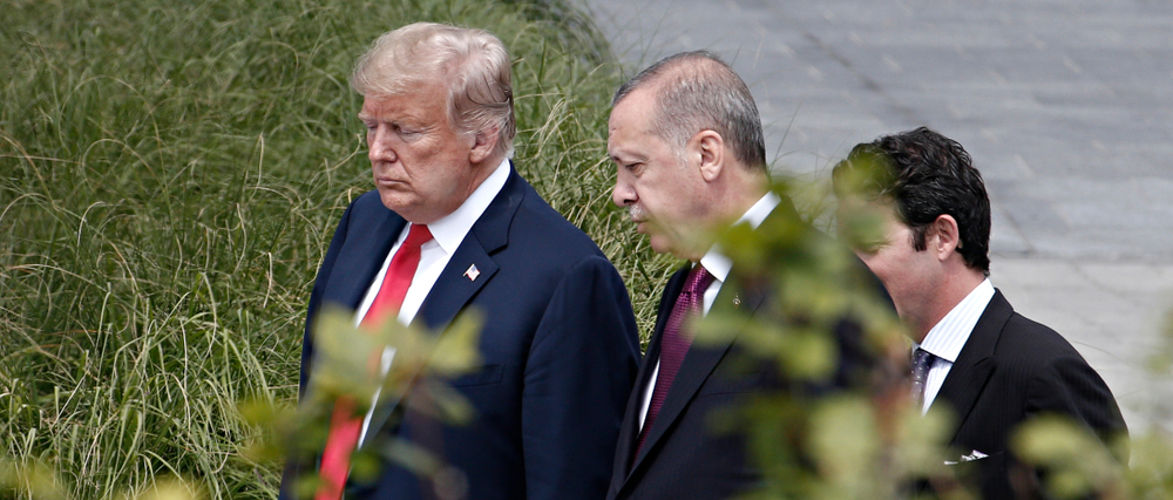
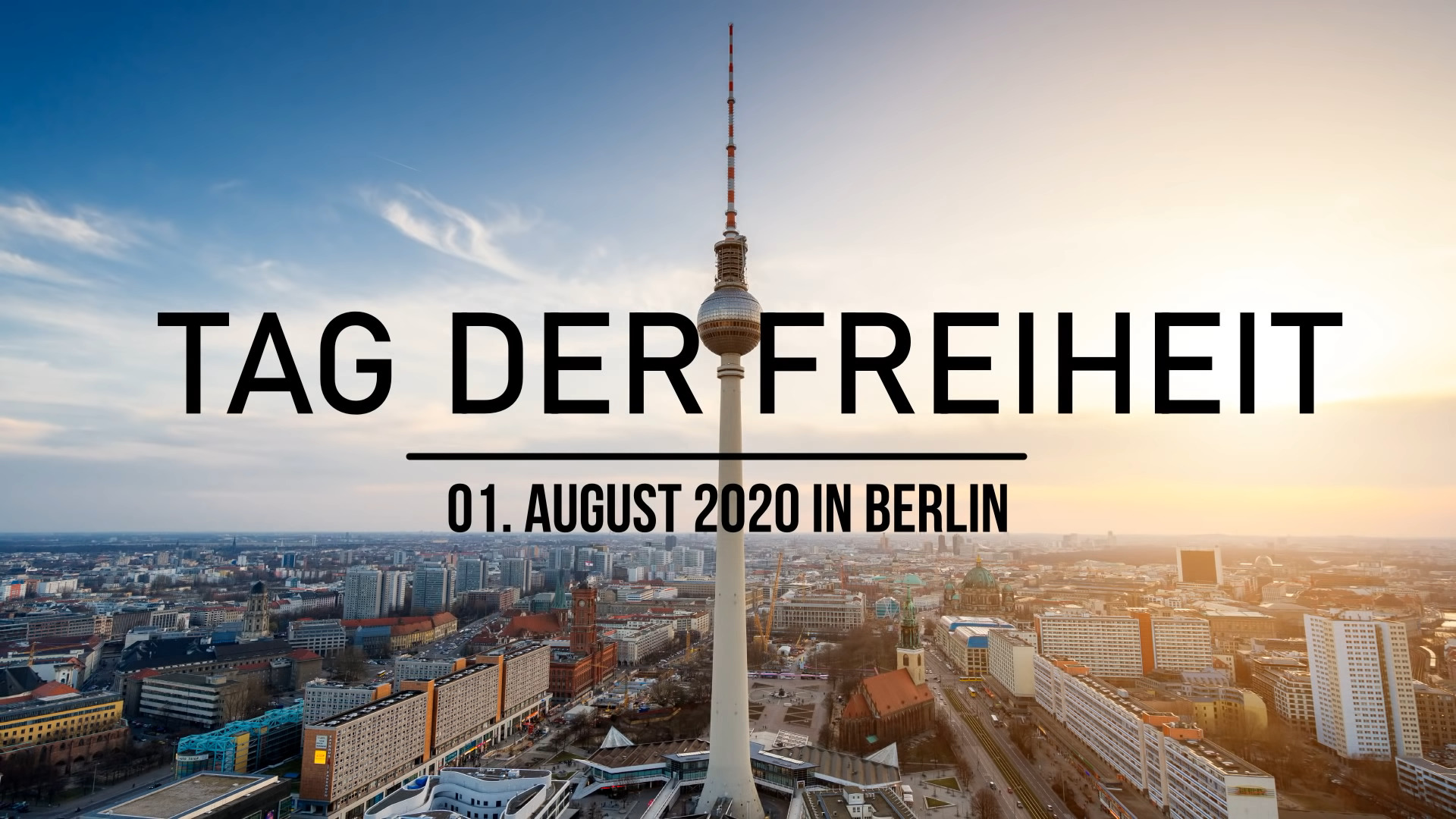
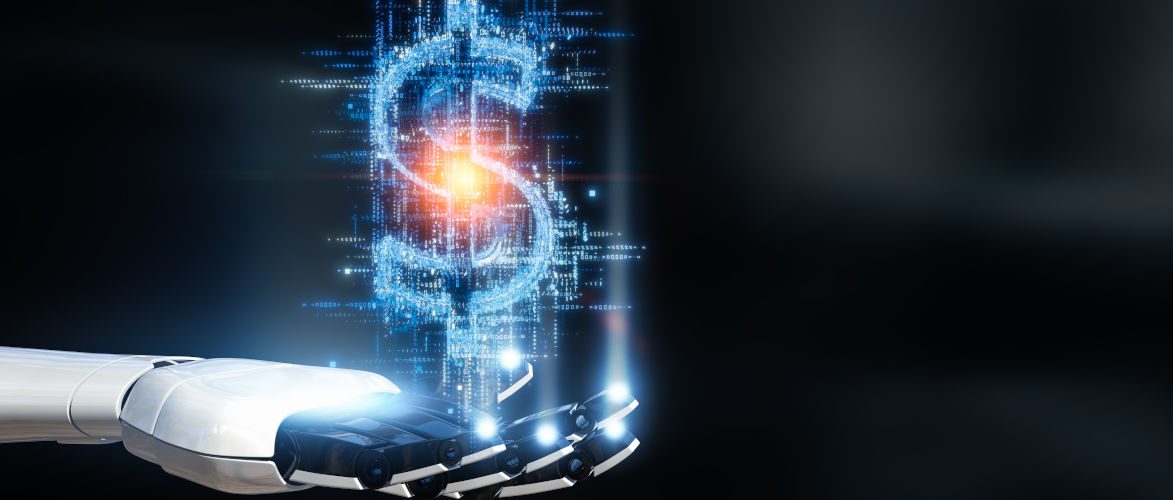
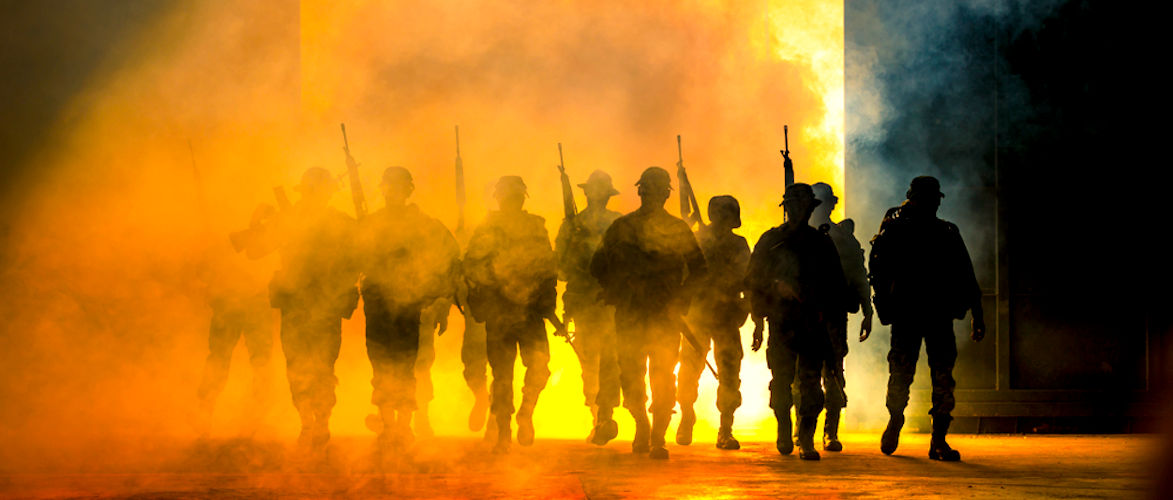
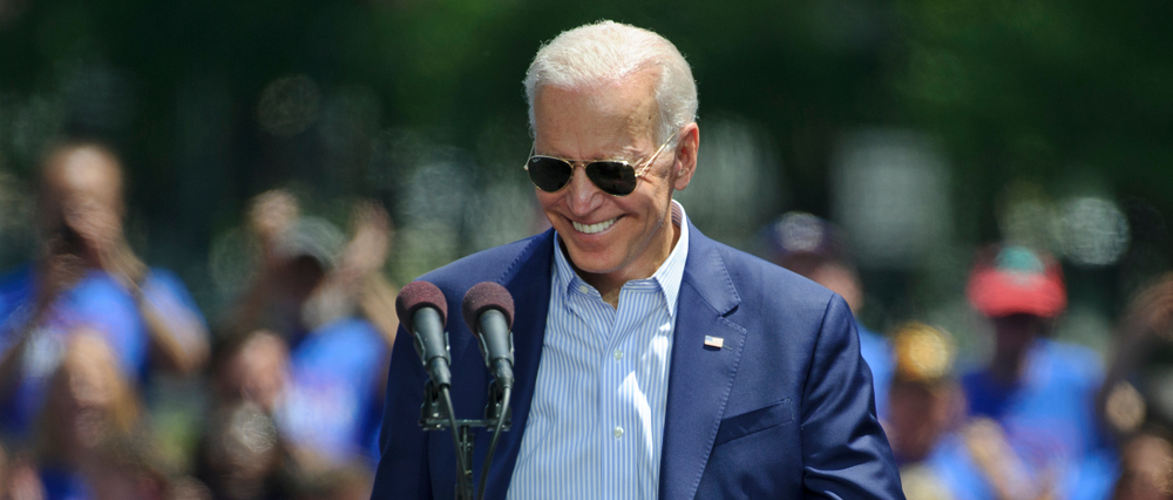
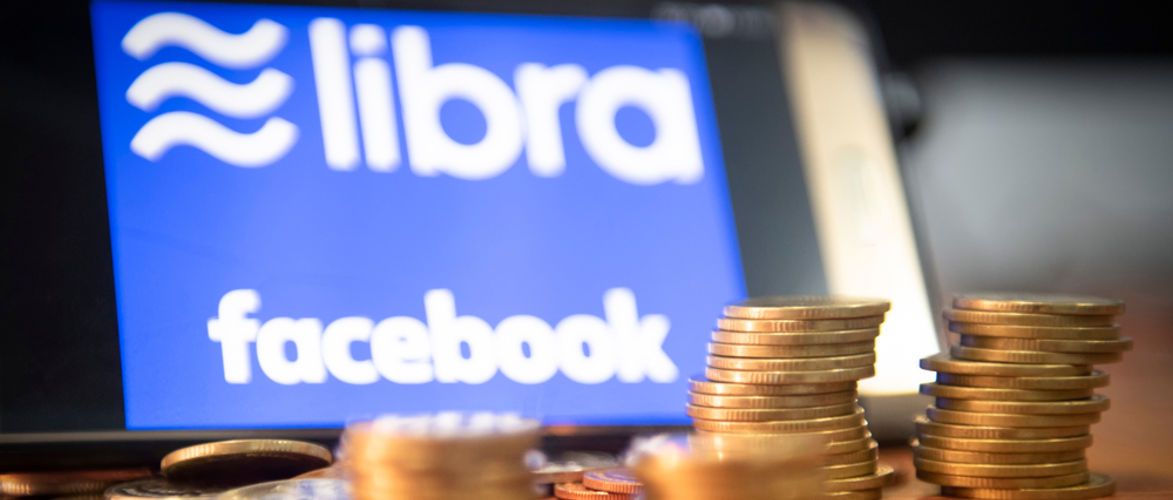
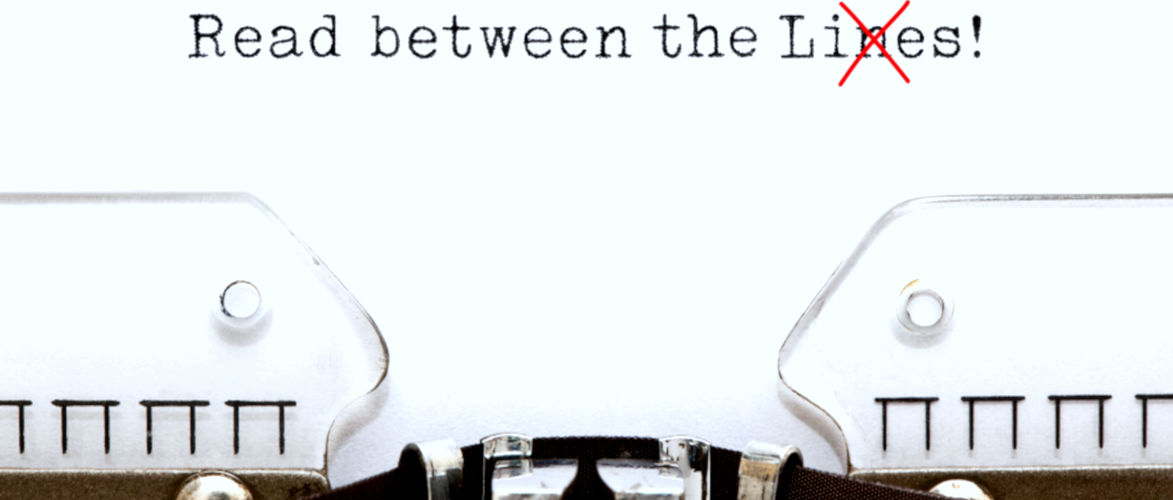
Kommentare (0)